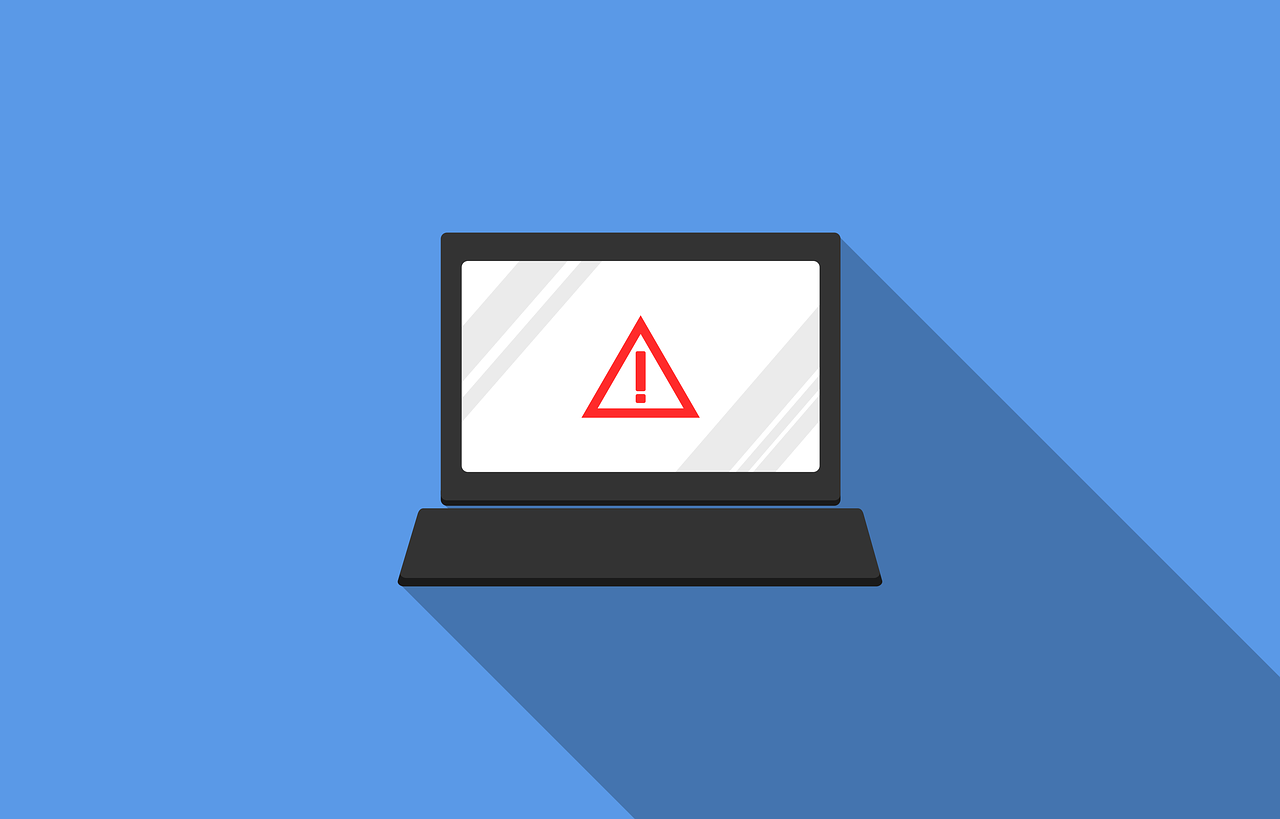The Biggest Vulnerabilities that Hackers are Feasting on Right Now
January 2, 2024
Software vulnerabilities are an unfortunate part of working with technology. A developer puts out a software release with millions of lines of code. Then, hackers look for loopholes that allow them to breach a system through that code.
The developer issues a patch to fix the vulnerability. But it’s not long before a new feature update causes more. It’s like a game of “whack-a-mole” to keep your systems secure.
Keeping up with new vulnerabilities is one of the top priorities of IT management firms.
It’s important to know which software and operating systems are being attacked.
Without ongoing patch and update management, company networks are vulnerable. And these attacks are completely avoidable. 82% of U.S. cyberattacks in Q1 of 2022 were due to exploiting patchable vulnerabilities. This is a global problem.
What new vulnerabilities are lurking in products from Microsoft, Google, Adobe, and others? We’ll go through several. These were recently noted in
a warning by the Cybersecurity and Infrastructure Security Agency (CISA).
Make Sure to Patch Any of These Vulnerabilities in Your Systems

Microsoft Vulnerabilities
Microsoft vulnerabilities include those in three of its products. Internet Explorer (IE) is one of them. Microsoft discontinued IE in June of 2022. You should remove this from any computers that still have it installed.
You’ll see the acronym “CVE” used in the vulnerability names. This is an industry-standard naming structure. It stands for Common Vulnerabilities and Exposures.
Here is a rundown of these vulnerabilities and what a hacker can do:
- CVE-2012-4969: This Internet Explorer vulnerability allows the remote execution of code. This is a “critical” vulnerability because of the damage it enables. Hackers can release this via a website. Thus, formerly safe sites can become phishing sites when hackers exploit this loophole.
- CVE-2013-1331: This is a flaw in the code for Microsoft Office 2003 and Office 2011 for Mac. It enables hackers to launch remote attacks. It exploits a vulnerability in Microsoft’s buffer overflow function. This allows hackers to execute dangerous code remotely.
- CVE-2012-0151: This issue impacts the Authenticode Signature Verification function of Windows. It allows user-assisted attackers to execute remote code on a system. “User-assisted” means that they need the user to assist in the attack. Such as by opening a malicious file attachment in a phishing email.
Google Vulnerabilities
Google Chrome and applications built using Google’s Chromium V8 Engine are also on the list. These applications are targets of the following vulnerabilities.
CVE-2016-1646 & CVE-2016-518: These both allow attackers to conduct denial of service attacks. They do this against websites through remote control. This means they can flood a site with so much traffic that it crashes.
Those aren’t the only two code flaws that allow hackers to crash sites this way. Two others,
CVE-2018-17463 and CVE-2017-5070 both do the same thing. And like all these others, have patches already issued that users can install to fix these holes.
Adobe Vulnerabilities
People use Adobe Acrobat Reader widely to share documents. It makes it easy to share them across different platforms and operating systems. But it’s also a tool that’s on this list of popular vulnerabilities.
- CVE-2009-4324: This is a flaw in Acrobat Reader that allows hackers to execute remote code via a PDF file. This is why you can’t trust that a PDF attachment is going to be safer than other file types. Remember this when receiving unfamiliar emails.
- CVE-2010-1297: This memory corruption vulnerability. It allows remote execution and denial of service attacks through Adobe Flash Player. Like IE, the developer retired Flash Player. It no longer receives support or security updates. You should uninstall this from all PCs and websites.
Netgear Vulnerability
Netgear is a popular brand of wireless router. The company also sells other internet-connected devices. These are also vulnerable, due to the following flaws.
- CVE-2017-6862: This flaw allows a hacker to execute code remotely. It also enables bypassing any needed password authentication. It's present in many different Netgear products.
Cisco Vulnerability
- CVE-2019-15271: This is a vulnerability in the buffer overflow process of Cisco RV series routers. It gives a hacker “root” privileges. This means they can basically do anything with your device and execute any code they like.
Patch & Update Regularly!
These are a few of the security vulnerabilities listed on the CISA list. You can see all 36 that were added here.
How do you keep your network safe from these and other vulnerabilities? You should patch and update regularly. Work with a trusted IT professional to manage your device and software updates. This ensures you don’t have a breach waiting to happen lurking in your network.
Automate Your Cybersecurity Today
Patch and update management is just one way that we can automate your cybersecurity.
Contact us at (704) 644-1220 for a no obligation consultation to discuss your
cybersecurity needs and any inquiries you may have for your Belmont, Gastonia or North Carolina business.
Article used with permission from The Technology Press.
Worry-Free IT Management.
We Guarantee It!
We offer a variety of IT consulting services tailored to meet the unique needs of your business or non-profit organization. We are dedicated to delivering each service with a friendly and professional attitude, and strive to exceed your expectations.
USEFUL LINKS
Local areas and cities we provide IT Consulting and Managed IT Services & Support are Gastonia, Belmont, Mount Holly, Dallas, Charlotte, Cramerton, Lowell, Stanley, Bessemer City, Kings Mountain, Shelby, and Lincolnton, NC. We also provide Cybersecurity, Cloud, Data Backup & Disaster Recovery Services, Cloud VoIP Phone System and Business Internet Services to businesses throughout the US.
All Rights Reserved | NB Technology, LLC | Privacy












